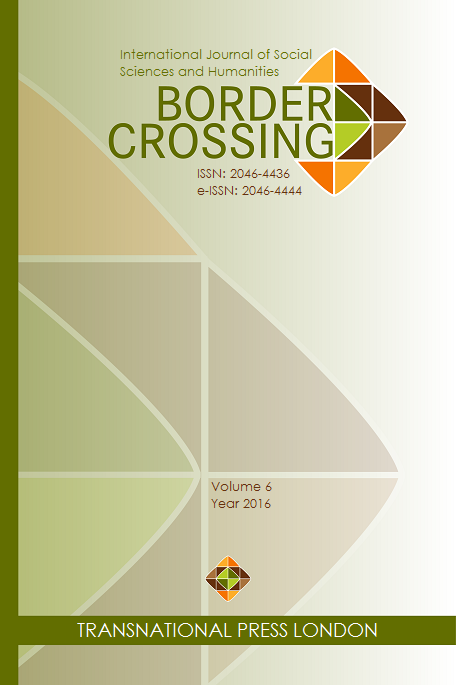Meaning and Functions of Norwegian-Turkish Vernacular Space in Drammen, Norway
Meaning and Functions of Norwegian-Turkish Vernacular Space in Drammen, Norway
Author(s): Karolina Nikielska-SekułaSubject(s): Politics / Political Sciences, Social Sciences, Language and Literature Studies, Sociology of Culture, Sociology of the arts, business, education, Migration Studies, Ethnic Minorities Studies
Published by: Transnational Press London
Keywords: heterotopia; immigrant neighborhoods; Norway; Turkey; vernacular space;
Summary/Abstract: This paper discusses the functions and meaning of Norwegian-Turkish vernacular space in Norway. Employing the Foucauldian concept of heterotopia, it analyzes Turkish ethnic clubs in Drammen - a midsized city situated in the western part of Norway. In 2013, 25% of the city’s inhabitants were of an immigrant background with the majority (13.5%) being of Turkish origin (Høydahl, 2014). Most of them arrived in the city as “guest workers” in the late 1960s and 1970s, and were followed afterwards by other members of their families. Due to their prolonged residence, they have managed to make an imprint on the city’s landscape. This study shows that Norwegian-Turkish ethnic clubs are heterotopias of Norwegian society, in a Foucauldian understanding of the term. They embody practices, discourses and signs of identity originating from Turkey, being at the same time ordered by the rules of Norwegian society. I argue that those transnational spaces, labeled as “foreign,” and linked to Turkey, bear strong influences from the host society and should be regarded as Norwegian-Turkish, rather than Turkish.
Journal: Border Crossing
- Issue Year: 6/2016
- Issue No: 2
- Page Range: 325-336
- Page Count: 12
- Language: English

